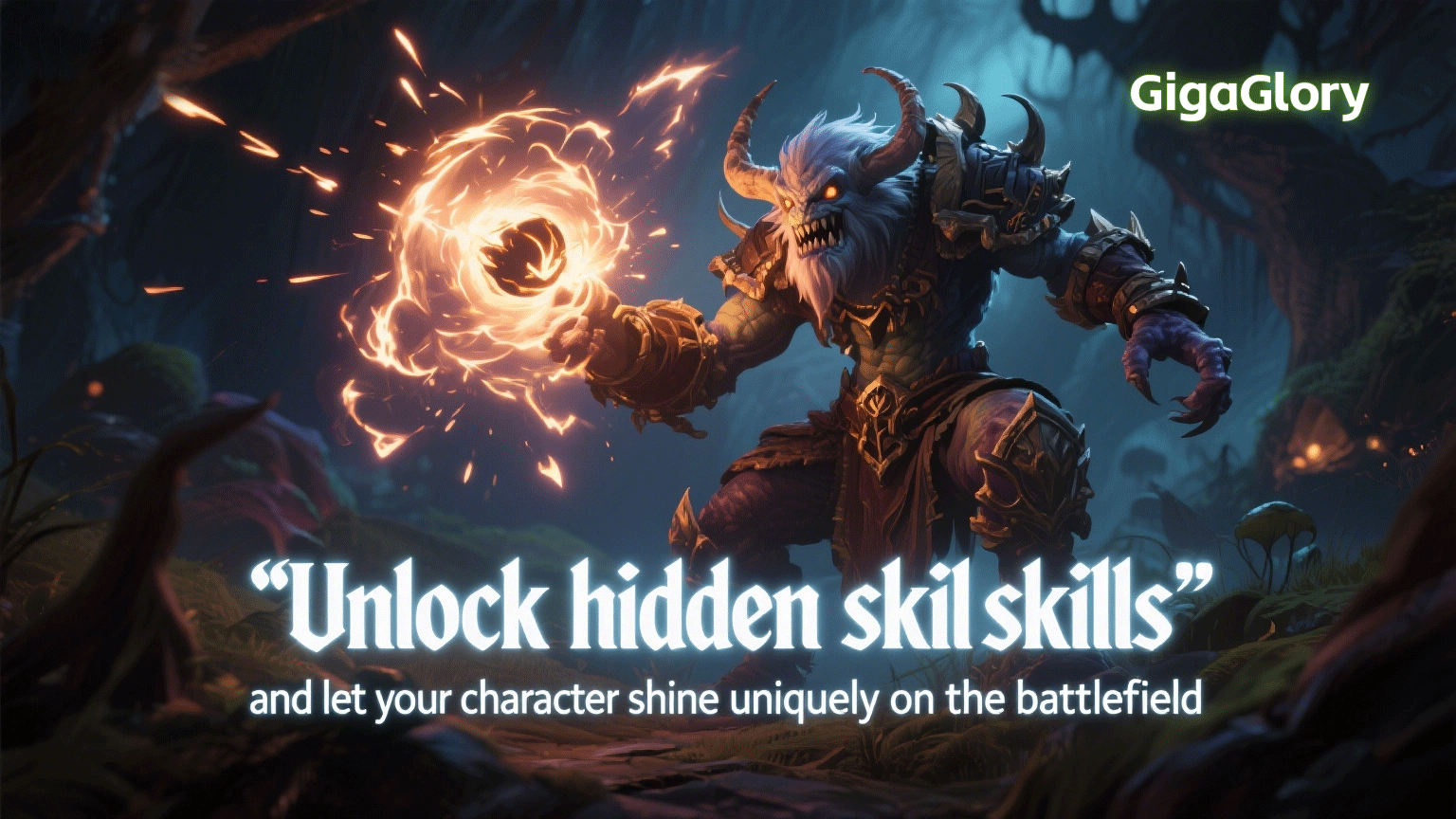From Casual to Hyper Casual: How PC Games are Redefining Your Gaming Experience
When you think about gaming, what comes to mind? Maybe it's the epic battles of Clash of Clans, or perhaps the immersive worlds crafted in the best AI RPG games. The evolution of PC games has been nothing short of remarkable, morphing from traditional formats to the lightning-fast world of hyper casual gaming. But what does this shift mean for us, the players? Let’s dive deeper!
The Casual Gaming Era
For many years, casual games dominated the market. Picture this: you're winding down after a long day, and all you want is an easy-to-pick-up game to let your mind chill. Casual games offered that. Games in this era were simple, often featuring straightforward mechanics that catered to all ages and gaming skills. They provided joy without the steep learning curve. Titles like FarmVille and early mobile versions of Bejeweled thrived. But as with everything, change was on the horizon.
Hyper Casual Games: The New Frontier
So, what are hyper casual games? If casual games marked the beginning of the gaming evolution, hyper casual games are like the big bang of this universe. Characterized by their minimalistic design and incredibly simple gameplay, these games are designed for short play sessions. They're highly addictive and perfect for those moments when you have only five minutes to spare. Games like Helix Jump exemplify this trend, making it all too easy to lose track of time!
PC Games Riding the Hyper Casual Wave
You might be thinking, "PC games? Aren't those complex and time-consuming?" Well, not anymore! The advent of hyper casual games has reshaped how PC games approach user experience. Developers are now focusing on shorter play sessions, encouraging quick gameplay while retaining addictive elements. It's a radical departure from the sprawling narratives of some epic RPGs.
Comparative Table: Casual vs. Hyper Casual
| Aspect | Casual Games | Hyper Casual Games |
|---|---|---|
| Gameplay Complexity | Moderate | Simple |
| Session Length | Longer | Shorter |
| Audience Engagement | Medium | High |
| Monetization | Ads and In-App Purchases | Ad-based revenue |
Impact on Player Experience
As we progress through this gaming evolution, the impact on player experience is undeniable. Players are looking for games that can provide instant gratification. Hyper casual games are filling that gap beautifully. You might be wondering, what about community and challenges? Games like Clash of Clans have innovated their builder base layout to encompass hyper casual armies and quick battles, encouraging active participation with minimal time commitment.
Why Should You Care?
- Adaptability: As players, we must adapt to these new game styles that prioritize our time constraints.
- Accessibility: Hyper casual games often have a lower barrier to entry, appealing to both veteran gamers and novices alike.
- Networking: These games foster a sense of community, even in short interactions, leading to future collaborative gameplay.
The Future of Gaming: A Hybrid Approach?
So, what's next? As the lines blur between casual, hyper casual, and traditional gaming, perhaps the future holds a hybrid approach. Games that include the straightforward nature of hyper casual aspects while still offering depth for those willing to dive deeper might be the sweet spot. Imagine an exciting AI RPG game that allows you to play in short bursts yet still provides a rich narrative experience when you choose to stay longer. That combination could redefine how we understand gaming!
Conclusion: Embracing Change in Gaming
From casual to hyper casual, the evolution of PC games is more than just a trend; it's a response to how we engage with our leisure time. This transformation highlights an essential truth: gaming is flexible, adaptable, and constantly evolving. Whether it's the simple thrill of a hyper casual game during a coffee break or the immersive dive into elite RPGs, there’s a world of options waiting for us. The future of gaming appears bright, and we, the players, could be in for an exciting ride!



